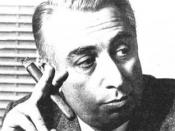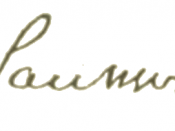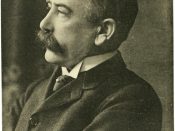Possession: reception and interpretation: critical approaches
Some intellectual tendencies deeply mark the criticism in the XXth century. Criticism becomes a theoretical method elaborated from the humanistic sciences. Contemporary literary critics propose new reading of the work from a model of analysis previously defined. It tries to examine what types of questions we should pose about literary works. In this seminar, we are going to give an overview of different types of criticism and try to show how Byatt uses them in her novel.
Historical / biographical criticism
Until well into the 20th century, historical or biographical criticism was applied to literary works. This approach considers the literary work in light of "what really happened" during the period reflected in that work. It insists that to understand a piece, we need to understand the author's biography and social background, ideas circulating at the time, and the cultural milieu. Historical criticism also "finds significance in the ways a particular work resembles or differs from other works of its period and/or genre," and therefore may involve source studies.
Most book introductions still offer this kind of material. We are getting, according to this approach, a vision of human nature or the world in general as filtered through an author's individual insight and perceptions. One problem with this assumption is that it requires an extensive research in matters falling outside the work itself. The reader presumably must rely on an expert's special knowledge before being able to "appreciate" the work, and this makes the study of literature rather elitist. Literature seen this way seems dismissed almost, or at least presented as simply a way of arriving at something anterior to itself: the convictions of the author or that author's experience as part of a specific society.
In Byatt's novel this approach is illustrated...


